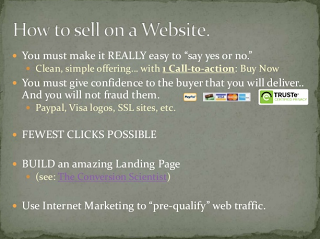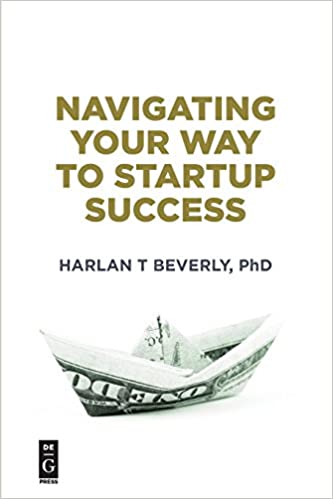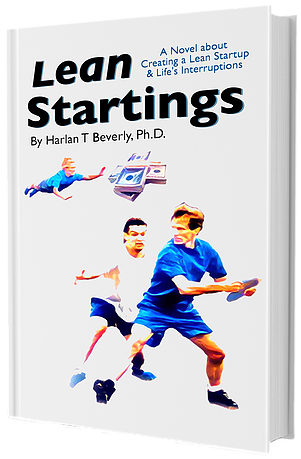I hope you enjoyed my talk this year at the Captivate Conference on Marketing for Start-ups (and specifically game startups).
Here are my slides from the talk, and as always feel free to connect with me on LinkedIn (see sidebar) or Twitter ( @harlanbeverly ).
Comments, email, and feedback welcome.
Slides Follow:
All of marketing should be about results! When you are a startup this is even more important, because you have no money to waste on “brand”… you certainly don’t have the time to waste. Harlan T. Beverly, 3-time Start-up Founder & CEO, will present a 7-Step process to create an effective Results-based “marketing engine” that will drive results for your startup. Harlan will give specific examples from marketing campaigns he has created from: Bigfoot Networks, Harlan’s video game hardware company, Night Owl Games, where Harlan developed marketing that attracted more than 1,000,000 players, INGZ games, where Harlan created marketing campaigns to drive users to install mobile games, and Key Ingredient, where Harlan is currently CEO and drives 3,000,000+ visitors/month to http://www.keyingredient.com





